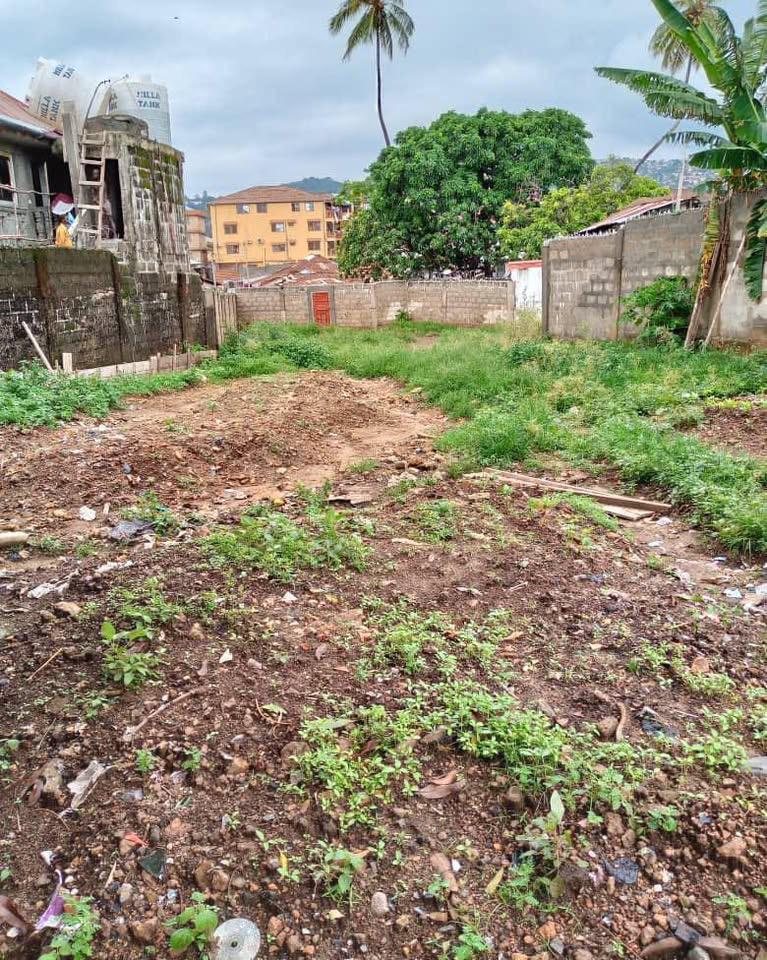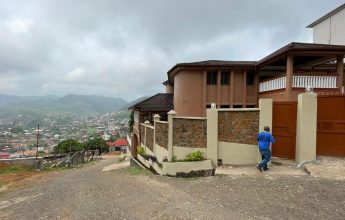10 Opportunities to Explore in Real Estate in Africa

Africa, often referred to as the last frontier of global investment opportunities, has become a hotspot for real estate development. With its vast land resources, growing economies, and increasing urbanization, the continent presents untapped opportunities for both local and international investors. Below, we explore 10 key chances in the African real estate sector that you can seize to build wealth, create impact, and enjoy a fulfilling investment journey.

1. Residential Housing for the Growing Urban Population
Africa’s urban population is expected to triple by 2050, with cities like Lagos, Nairobi, and Johannesburg witnessing exponential growth. This rapid urbanization creates a significant demand for residential housing. The opportunities in this space include:
- Developing affordable housing units for low- to middle-income earners.
- Creating luxury apartments and gated communities for high-income individuals.
- Investing in student housing for the growing number of young people pursuing higher education in urban centers.
Case Study: Nigeria’s Affordable Housing Initiatives
In Nigeria, developers like Mixta Africa have tapped into the affordable housing market by creating large-scale residential estates targeted at middle-income families.
2. Commercial Real Estate in Emerging Cities
As African economies grow, the demand for commercial spaces such as office buildings, shopping malls, and industrial parks is rising. Opportunities in this segment include:
- Developing Grade A office spaces for multinational corporations.
- Building retail malls to cater to the rising middle class.
- Establishing logistics hubs and warehouses in strategic locations.
Case Study: East Africa’s Office Space Boom
In cities like Nairobi and Kigali, the increasing presence of tech companies and startups has driven demand for modern office spaces, with developments like Kigali Heights setting the standard for premium commercial properties.
3. Real Estate Technology (PropTech)
Technology is revolutionizing the real estate industry worldwide, and Africa is no exception. PropTech solutions offer immense opportunities to streamline property buying, selling, and management processes. Areas to explore include:
- Creating property listing platforms.
- Developing property management apps.
- Leveraging blockchain for transparent land registry systems.
Case Study: South Africa’s Property24
Property24, a leading online platform, has simplified property searches, making it easier for buyers and renters to find their ideal homes.
4. Tourism and Hospitality Developments
Africa’s rich cultural heritage, wildlife, and natural beauty make it a global tourism destination. Investing in hospitality real estate can be highly lucrative. Opportunities include:
- Developing eco-lodges and safari camps.
- Building luxury resorts in coastal and mountainous regions.
- Establishing boutique hotels in urban centers.
Case Study: Zanzibar’s Tourism Growth
Zanzibar has seen a surge in tourism-related real estate developments, with luxury resorts and eco-friendly lodges attracting international visitors.
5. Industrial Parks and Manufacturing Hubs
Africa’s industrialization drive has led to a growing demand for industrial spaces. Investors can capitalize on this trend by:
- Developing industrial parks in key economic zones.
- Leasing warehouse spaces to manufacturing and logistics companies.
- Building specialized hubs for tech and creative industries.
Case Study: Ethiopia’s Industrial Zones
Ethiopia’s government has partnered with private investors to develop industrial parks like Hawassa Industrial Park, which hosts garment manufacturers exporting globally.
6. Agricultural Real Estate
Africa’s vast arable land offers immense opportunities for agricultural real estate. With global food demand rising, investing in farmland can yield significant returns. Opportunities include:
- Leasing land for commercial farming.
- Developing agro-processing facilities.
- Establishing agricultural estates with modern irrigation systems.
Case Study: Kenya’s Agribusiness Boom
Kenya’s fertile Rift Valley has attracted investors who are developing large-scale farms producing flowers, vegetables, and fruits for export.
7. Green and Sustainable Real Estate
The global push for sustainability has reached Africa’s real estate sector, with developers focusing on eco-friendly designs and energy-efficient buildings. Opportunities in this niche include:
- Constructing green-certified buildings.
- Investing in solar-powered housing projects.
- Developing water-efficient residential and commercial properties.
Case Study: South Africa’s Green Building Council
South Africa has led the continent in green building certifications, with initiatives like Menlyn Maine in Pretoria being Africa’s first green city.
8. Luxury and High-End Developments
There is a growing demand for high-end properties in Africa, driven by expatriates, high-net-worth individuals, and a burgeoning middle class. Investors can explore:
- Building luxury villas and mansions.
- Creating high-rise apartments with premium amenities.
- Developing exclusive gated communities.
Case Study: Ghana’s Cantonments and Airport Hills
Neighborhoods like Cantonments and Airport Hills in Accra are hotspots for luxury real estate, attracting both local elites and international buyers.
9. Mixed-Use Developments
Mixed-use developments that combine residential, commercial, and recreational spaces are becoming popular in Africa. These projects maximize land use and cater to modern lifestyles. Opportunities include:
- Creating urban centers with shopping malls, offices, and apartments.
- Developing live-work-play communities.
- Building transit-oriented developments near major transport hubs.
Case Study: Eko Atlantic City, Nigeria
Eko Atlantic City in Lagos is a prime example of a mixed-use development, combining business districts, residential areas, and leisure spaces in a single project.
10. Affordable Housing Initiatives
The housing deficit in Africa, especially among low-income earners, presents an opportunity for investors to bridge the gap. Governments and private sector players are actively seeking solutions to this challenge. Opportunities include:
- Partnering with governments for public-private housing projects.
- Using innovative building materials and technologies to reduce costs.
- Creating rent-to-own schemes for low-income families.
Case Study: Rwanda’s Affordable Housing Program
Rwanda has partnered with investors to build affordable housing units in Kigali, addressing the housing needs of the city’s growing population.
Africa’s real estate sector is brimming with opportunities across residential, commercial, industrial, and niche markets. By identifying the right investment avenue, leveraging local partnerships, and adopting innovative approaches, investors can tap into this dynamic and rapidly growing industry. From affordable housing to luxury developments, agricultural estates to green buildings, the possibilities are endless for those willing to explore and innovate.
Whether you’re a seasoned investor or a first-time buyer, now is the time to explore Africa’s vibrant real estate landscape and make your mark in one of the world’s most promising markets.






